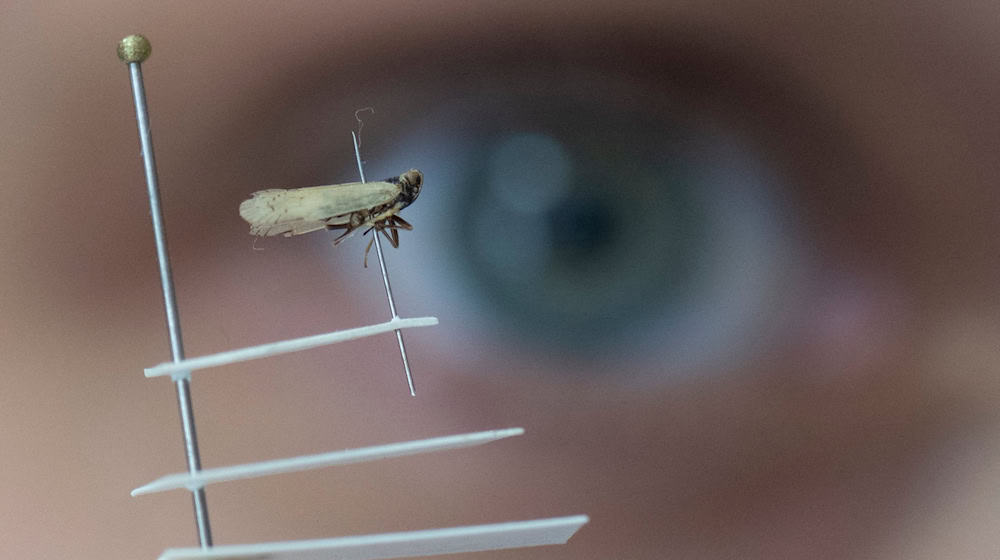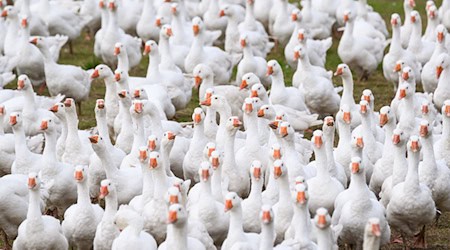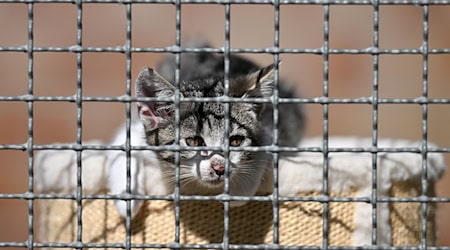The Greens in the Saxon state parliament are declaring war on the plant pest reed cicada. Anyone who still believes that this cicada is a marginal issue for experts is underestimating the dimension of this danger, explained MP Wolfram Günther, former Saxon Minister of Agriculture.
The spread of the cicada is linked to climate change
"The rapid spread of the cicada is closely linked to climate change, because warm summers and mild winters promote the reproduction of the animal. The small insect damages sugar beet, potatoes, vegetables and many other plants through diseases that it transmits," Günther explained the problem.
Greens demand long-term funding for monitoring
The insect has also been detected several times in Saxony, as a minor question by Günther in parliament revealed. According to Günther, however, there has been a lack of long-term funding to expand monitoring and research into dealing with the cicada. Long-term funding and sufficient personnel are needed so that Saxony can recognize the development at an early stage and react.
Greens fear cicada attack on the harvest
"If the cicada spreads and attacks our harvests, this will have massive consequences for farms, for our regional processors and ultimately also for consumers if crop damage causes prices to rise," said Günther. In Baden-Württemberg and Rhineland-Palatinate, it can already be seen today that there is a risk of high economic losses if precautions are not taken at an early stage.
Cicada widespread almost everywhere in Saxony
In its response to the question, the Ministry of Agriculture pointed out that the reed glasswing cicada occurs in varying population densities almost everywhere in Saxony. However, there have not yet been any measurable yield losses in the Free State, as in south-western German cultivation areas.
Copyright 2025, dpa (www.dpa.de). All rights reserved










